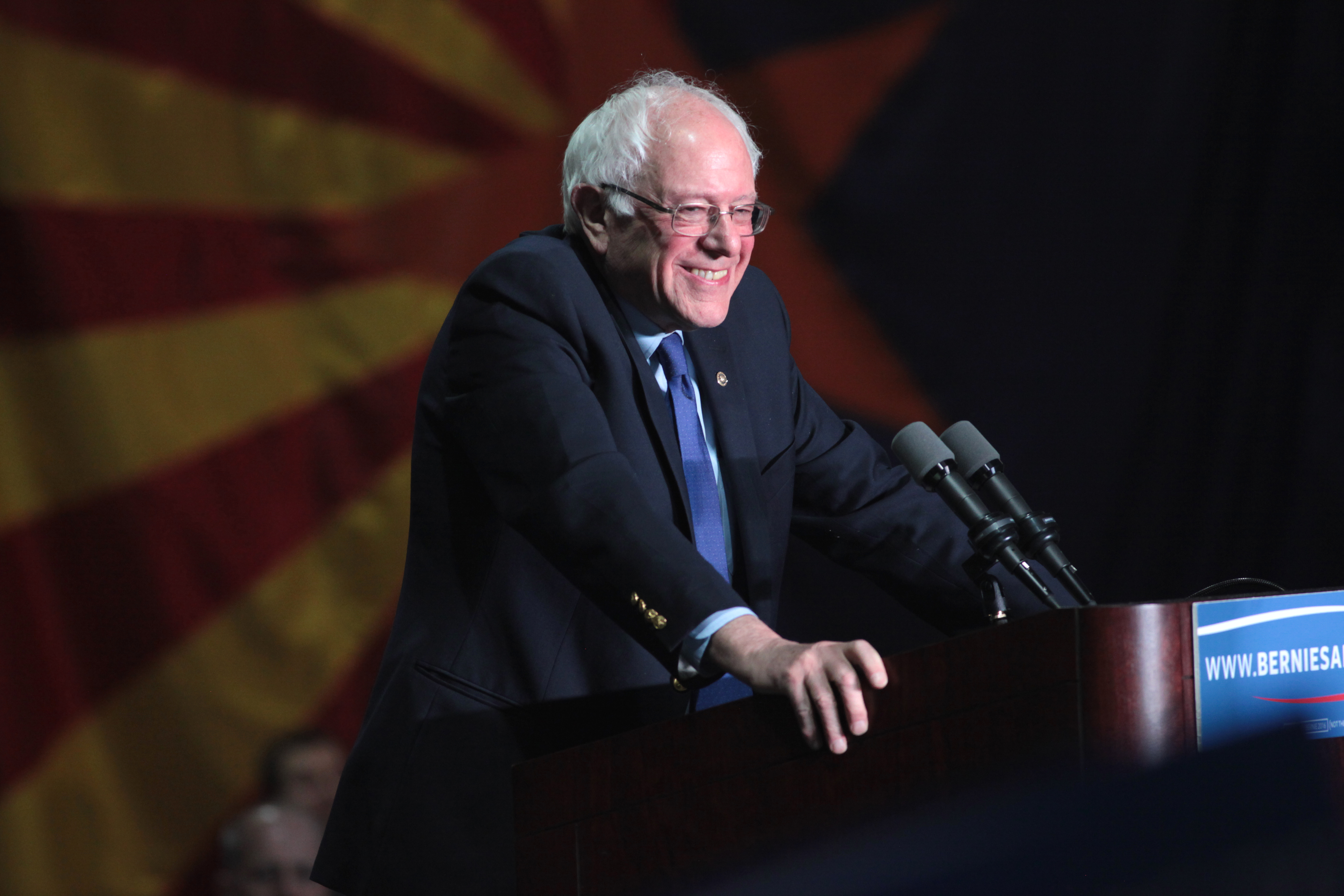Have you ever heard two people say the exact same thing, but in different ways?
Donald Trump and Hillary Clinton campaign commercials for the general election are now in full force, and play ad nauseum in the background of life. They appear in the sidebar of every site I surf on the internet, in my Facebook feed, and across TV screens in my home and out in public. They even interrupt my driving groove to play on the radio.
Clinton gravely explains Trump’s offensive and arrogant ways in each 30 second soundbite, emphasizing the products his companies have manufactured overseas. Trump jabs back, explaining that Clinton will lose thousands of jobs and destroy the middle class. Wait, isn’t that what Clinton just said about him?
Trump’s nasal, plaintive voice makes my blood boil, especially given the sentiments it has expressed over the last year. Clinton’s shrewish tones and angry timbres bellow down like a righteous priestess-on-high. It grates on my nerves. I can’t stand either one.
And yet, they are the two prominent choices facing the American public on the ballot come this November.
How did it come to this?
I’ll admit it. I felt the Bern; quite strongly, in fact. I had tears in my eyes as the Democratic National Convention came to a close and Bernie Sanders, the beloved Vermont senator that had so inspired millions of voters, endorsed the woman who was favored by their shared party to win, from the beginning.
Only a week before the Convention, it was revealed in a series of hacked and leaked emails that the Democratic Party had conspired to make Clinton the nominee since early 2015, long before the first primary was held to allow voters to decide. After the email scandal, Debbie Wasserman Schultz stepped down from the DNC chair position, only to again take the helm in a prominent position within Clinton’s campaign. Nothing could have made Clinton look more crooked. Well, nothing, perhaps, except for the contents of the 20,000 deleted emails from her private server while working as secretary of state. But I guess we’ll never know.

Trump, on the other hand, managed to emerge as the frontrunner from a field of 17 potential Republican candidates. Each had their small audiences to start, but as the field narrowed, it became ever more divisive in the rhetoric offered by the final three: Ted Cruz, John Kasich and, of course, Trump. Despite the businessman’s repugnant claims, bombastic falsehoods and racially charged lawsuits, Trump managed to gain enough delegates to secure the nomination.
There are still some holdouts who refuse to get behind Trump as the party’s nominee, most notably GOP powerhouse and former mayor of New York City Michael Bloomberg, who attended the DNC to join in the Trump-bashing.
There remains large demographics of people that don’t feel either candidate speaks for them. According to an article in the New York Times, only 9 percent of eligible voters cast a ballot supporting either candidate. Bernie supporters protested the Convention and left in indignation when their candidate was not chosen. As fall quickly approaches, #DumpTrump and #NeverHillary continue to trend on social media. In interviews, over and over I hear supporters of one candidate or another begrudgingly give endorsements, “Hillary may have done this, but at least she didn’t say THAT…” or “Trump might be offensive, but at least he’s not shady!”
So how did the majority of voters in the USA become so disenfranchised during this cycle?
The answers are murky. Corruption and lobbying, super PACs and prejudices all have their parts to play. But the fact remains that millions of American citizens will hesitate as they approach the ballot boxes in two months. Some may hesitate so much they stay home. Others might place their trust in a third-party candidate, but that decision always comes with the disclaimers thrown their direction: a vote for a third party is a vote for (insert least desirable candidate here).
If we’re met with discouragement, though, when we choose to look away from the two main parties of the nation, how strong can our democracy really be? When money pouring from Wall Street and political clout stemming from ties in Washington decide the primaries before they even begin, do we exist any longer under a government of the people, by the people for the people? Or has it perished from the earth?



This article really didn’t make a case for any specific point and is quite honestly click bait as its title implies it will make a case for where the disenfranchised voters should fall in line to or even at least describe the current trend about where these voters tend to be leaning. This is just one more summary article in a sea of the same about the presidential race. Sad.